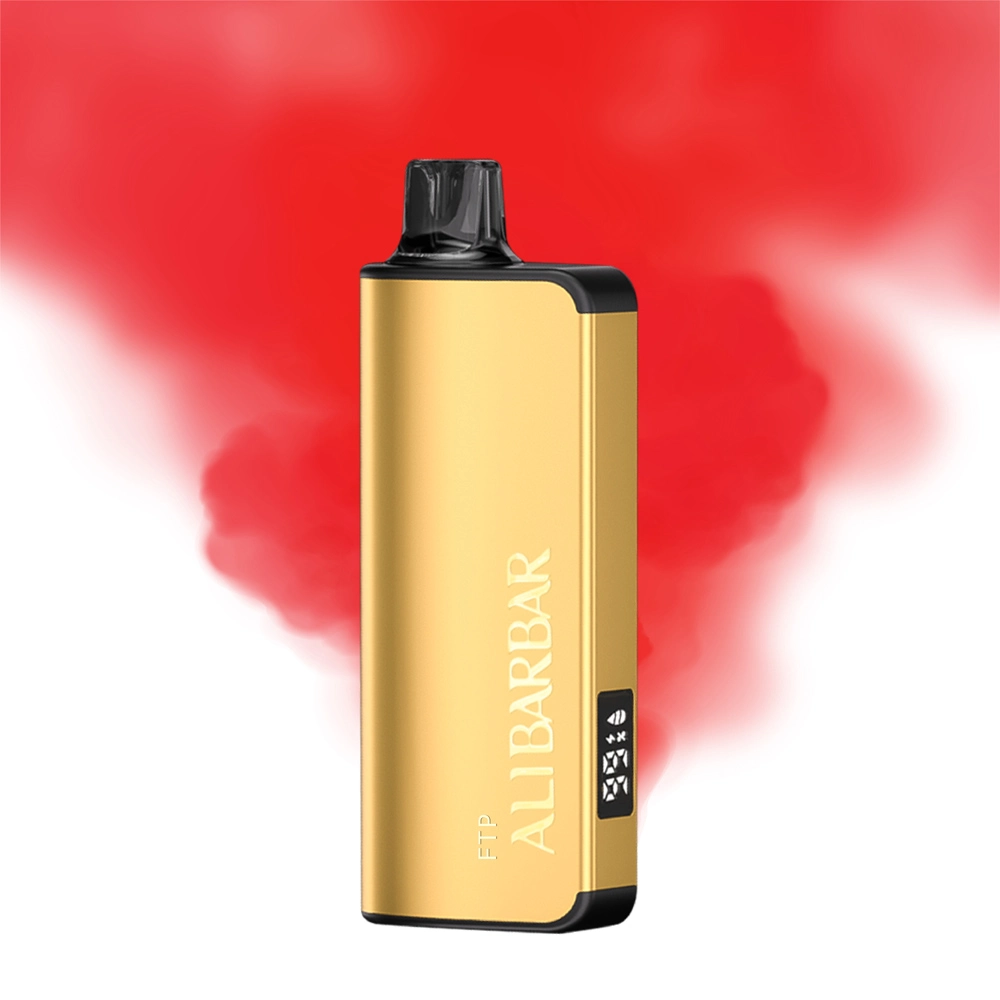The Controversial Truth About “I Get Hot Vape”: Why Everyone’s Wrong About This Burning Debate

📋 Table of Contents
- The Burning Problem: Why Your Vape Gets Too Hot
- User Experiences: Real Stories of “I Get Hot Vape”
- Technical Deep Dive: What Causes Overheating?
- Health Implications: Hot Vapes vs Traditional Smoking
- Market Data: The Rising Trend of Temperature Control
- Solutions & Recommendations
- FAQ: Your Burning Questions Answered
🔥 The Burning Problem: Why Your Vape Gets Too Hot
Many vapers experience the frustrating moment when their device becomes uncomfortably warm to hold. This common issue, often described as “i get hot vape,” affects both beginners and experienced users alike. The phenomenon occurs when excessive heat builds up in the device’s battery or coil system, potentially affecting both performance and safety.
Modern vape devices, especially high-powered mods and pod systems, generate significant heat during operation. According to industry tests, standard vaping can produce temperatures between
at the coil, with some devices reaching even higher temperatures during chain vaping sessions.
The i get hot vape problem typically stems from three main factors: battery strain, coil resistance mismatches, or poor device ventilation. Understanding these causes is the first step toward solving the overheating issue and improving your overall vaping experience.
Key Points:
- Overheating affects both device performance and user comfort
- Standard vaping temperatures range between 100-300°F
- Main causes: battery issues, coil mismatches, poor ventilation
👥 User Experiences: Real Stories of “I Get Hot Vape”
Case Study 1: The Chain Vaper
“My i get hot vape issue started when I switched to a high-nicotine salt. I’d take 5-6 quick puffs in succession, and by the third session, my device would be too hot to hold comfortably. The vapor also became harsh and unpleasant.” – Mark T., 28
Case Study 2: The Sub-Ohm Enthusiast
“Running my RDA at 80W was great for cloud production until I noticed the mod getting extremely warm. The battery life also decreased dramatically. After switching to a temperature-controlled mod, my i get hot vape problems disappeared.” – Sarah L., 34
Key Points:
- Chain vaping and high-power settings commonly cause overheating
- User experiences show temperature affects both comfort and flavor
- Solutions exist through device adjustments and better practices
🔧 Technical Deep Dive: What Causes Overheating?
The science behind i get hot vape issues involves several technical factors. Battery chemistry plays a crucial role – lithium-ion batteries generate heat during discharge, especially when pushed beyond their optimal performance range.
Coil resistance significantly impacts temperature production. Lower resistance coils (sub-ohm) require more power, generating more heat. The relationship follows Ohm’s Law: Power (watts) = Voltage² / Resistance. A 0.15Ω coil at 4.2V produces about
of power, creating substantial heat.
Device design factors include:
- Battery compartment ventilation
- Heat sink materials
- Circuit board efficiency
- 510 connection quality
Key Points:
- Battery chemistry and discharge rates affect heat generation
- Coil resistance directly impacts operating temperature
- Device design plays a crucial role in heat dissipation
🏥 Health Implications: Hot Vapes vs Traditional Smoking
While vaping generally presents fewer health risks than traditional cigarettes, the i get hot vape phenomenon raises unique concerns. Excessive heat can degrade e-liquid components, potentially creating new compounds. Research suggests optimal vaping temperatures should stay below
to avoid harmful byproducts.
Comparative analysis shows:
| Factor | Traditional Cigarettes | Hot Vaping |
|---|---|---|
| Combustion Temperature | 900°C (1652°F) | 100-300°C (212-572°F) |
| Known Harmful Compounds | 7,000+ | Significantly fewer |
Key Points:
- Vaping produces significantly fewer harmful compounds than smoking
- Excessive heat can degrade e-liquid quality
- Optimal temperature ranges exist for healthiest vaping
📊 Market Data: The Rising Trend of Temperature Control
The vaping industry has responded to i get hot vape concerns with advanced temperature control technologies. Market research shows:
-
62%
of vapers report experiencing device overheating
- Temperature control mod sales grew by
27%
year-over-year
-
78%
of premium devices now include some form of temperature protection
Innovations addressing heat issues include:
- Smart chipsets that monitor coil temperature
- Improved battery management systems
- Advanced cooling fin designs
- Ceramic and quartz coil materials
Key Points:
- Overheating affects majority of vapers
- Temperature control technology is growing rapidly
- Innovations focus on safer, cooler vaping experiences
💡 Solutions & Recommendations
For users experiencing i get hot vape issues, several practical solutions exist:
Device Selection Tips
- Choose mods with temperature control features
- Look for devices with good ventilation
- Consider single-battery mods for lower-power vaping
Usage Best Practices
- Avoid chain vaping – allow 30-60 seconds between puffs
- Use appropriate wattage for your coil
- Keep batteries at room temperature when not in use
Maintenance Advice
- Clean connections regularly
- Replace coils before they burn out
- Inspect batteries for damage
Key Points:
- Temperature control devices solve many overheating issues
- Proper usage habits prevent excessive heat buildup
- Regular maintenance extends device life and performance
❓ FAQ: Your Burning Questions Answered
Q: Is it dangerous if my vape gets too hot?
A: While moderately warm devices are normal, excessively hot vapes can indicate battery stress or potential safety issues. If your device becomes uncomfortably hot to hold, stop using it immediately and allow it to cool.
Q: Why does my i get hot vape only when chain vaping?
A: Chain vaping doesn’t allow proper cooling between puffs. Heat accumulates in the coil and battery, leading to rising temperatures. This is particularly noticeable with high-power devices and sub-ohm coils.
Q: Can overheating damage my vape device?
A: Yes, prolonged overheating can damage battery cells, degrade internal components, and shorten device lifespan. It may also affect e-liquid flavor and vapor production quality.
Key Points:
- Excessive heat can indicate safety concerns
- Chain vaping is a common cause of overheating
- Prolonged high temperatures damage devices





